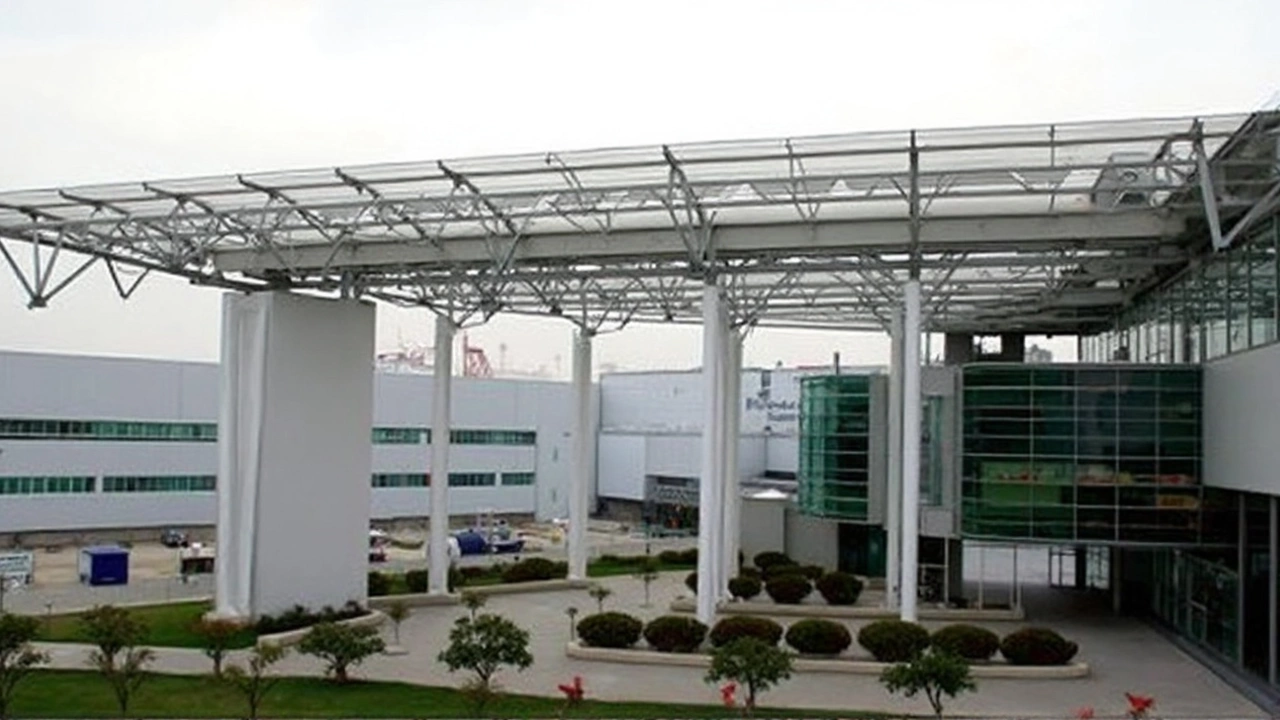Privatization Explained: What It Means and Why It Matters
Ever wonder why you hear about a city selling its water system or a country handing over a railway to a private firm? That’s privatization – the process of moving a public service or asset into private hands. It sounds like a big, bureaucratic term, but at its core it’s just a trade‑off between public control and market competition. Let’s break it down in plain English.
How Privatization Works
First, a government decides it wants to off‑load something it owns – a utility, a transportation network, a prison, you name it. The usual steps are:
- Evaluation: Experts figure out how much the asset is worth and what a sale could bring in.
- Choosing a buyer: This can be an open auction, a direct deal with a company, or a public‑private partnership where the state keeps a stake.
- Regulation set‑up: Even after the sale, the government often writes rules to make sure the new owner doesn’t overcharge or cut corners.
- Transition: Employees may be transferred, contracts rewritten, and the service kept running while the new owner gets up to speed.
All of this can take months, sometimes years, because governments have to protect public interests, keep jobs safe, and avoid legal headaches.
Pros, Cons, and Real‑World Examples
Why would anyone want to sell something that serves the public? The main arguments in favor are:
- Efficiency: Private firms often run things faster and cheaper because they’re chasing profit.
- Investment: A private company can pump new money into old infrastructure that the state can’t afford.
- Debt relief: Selling assets can give a government a quick cash boost to pay down debt.
But there are downsides, too. Critics point out that profit motives can lead to higher prices, lower service quality, or job cuts. The infamous UK rail privatization in the 1990s left many passengers frustrated with fragmented services and rising fares. In the US, water privatization in some cities sparked protests over rising bills and leaks.
Looking at the bigger picture, many countries use a mixed approach. For example, Germany kept its electricity grids publicly owned but allowed private companies to generate power. In Australia, the headline news about the sale of the Sydney airport showed how a government can keep oversight while letting a private operator bring in modern tech and better customer service.
So, what should you take away? Privatization isn’t good or bad by default – it depends on the asset, the buyer, the regulatory framework, and the public’s priorities. If you’re a taxpayer, the best move is to stay informed, ask how your service will change, and watch whether promised improvements actually happen.
Next time you see a headline about a government selling off a highway or a school building, you’ll know the basics of what’s really going on and why it matters to your wallet and everyday life.





